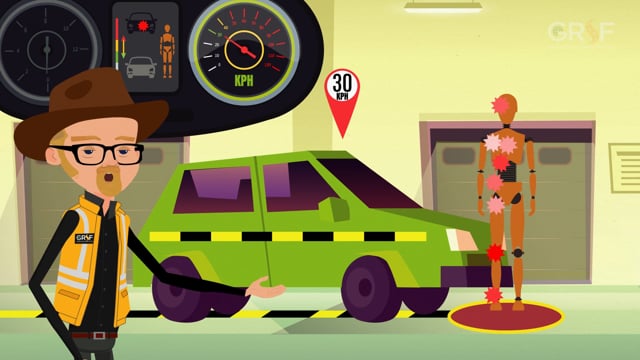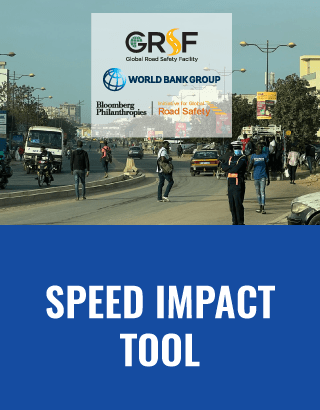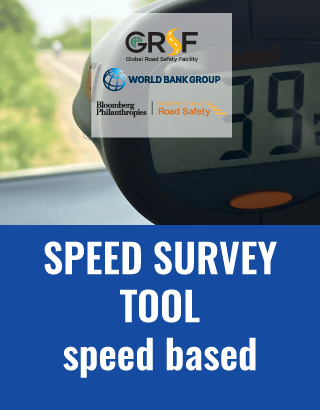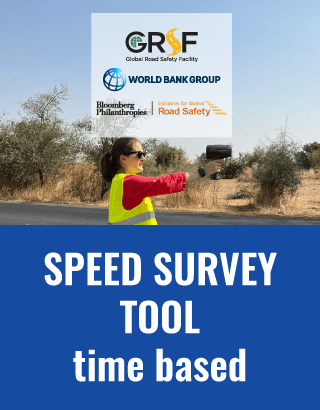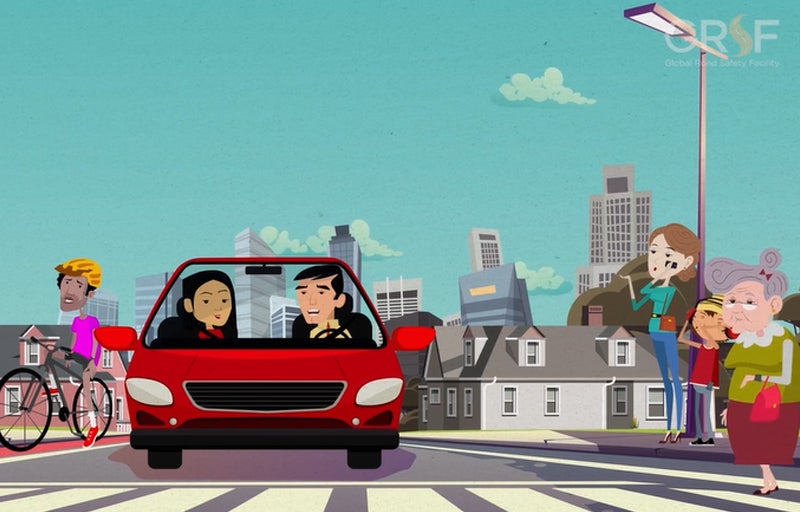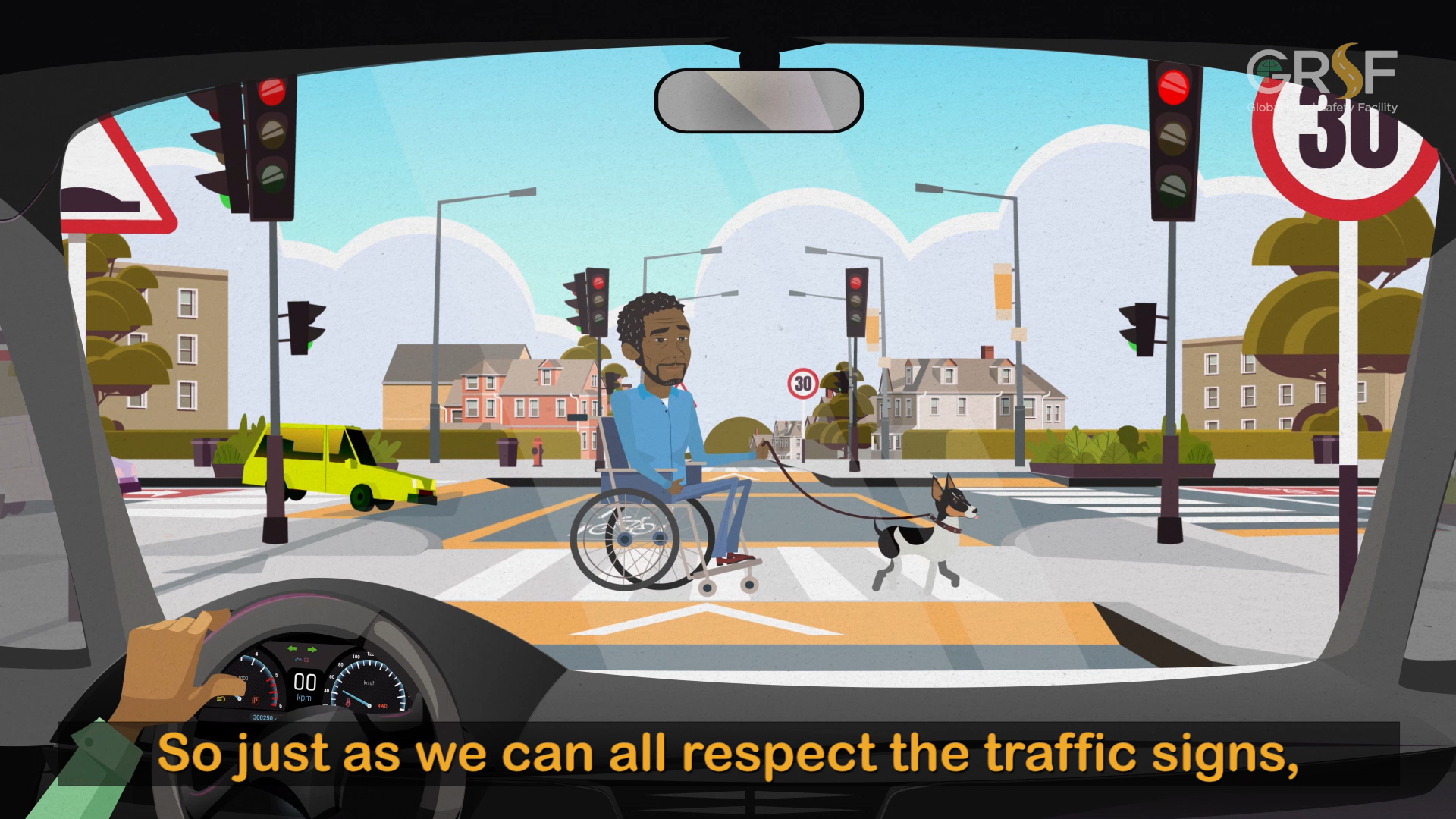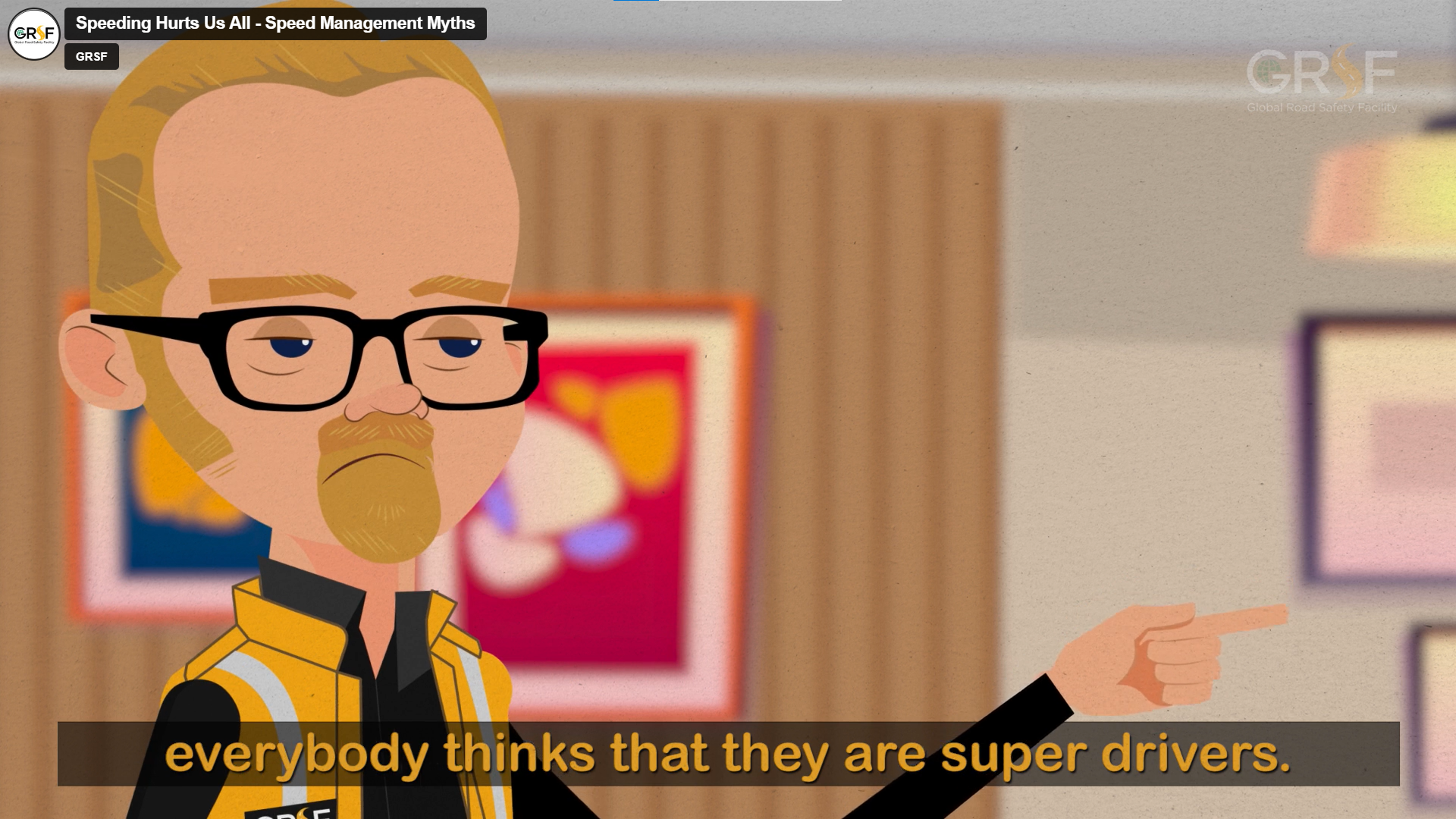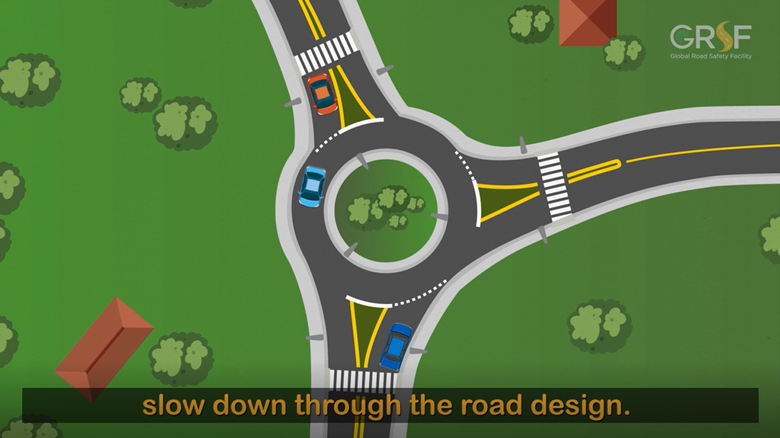Speed Management Hub
- Overview
- FAQ
- Resources
Speed is one of the main risk factors in road crashes, and is often cited as being the leading contributor to death and serious injury on the world’s roads. This is because:
-
Higher speed is associated with a significantly higher crash risk – even small increases in speed can have a big consequence
-
The probability of injury and the severity of a crash increases rapidly with higher impact speeds.
-
In September 2020, the UN proclaimed the Decade of Action for Road Safety 2021-2030, targeting at least a 50% drop in road traffic deaths and injuries by 2030. The supporting Global Plan for the Decade of Action clearly describes how to achieve this ambitious target
-
Speed management features prominently in this new Global Plan. A cross-cutting risk factor, speeding is addressed under various components of the Safe System such as multimodal transport and land use planning, infrastructure, vehicle design and road user behaviour.
-
As shown in our Speed Management Framework below, and in the Global Plan, an effective integration of speed management interventions is key to address speed and speeding issues. Several interventions are proposed, that are elaborated on in our FAQs, including road design and engineering (for example, 30 kph zones and traffic calming measures); vehicle safety (for example, Intelligent Speed Assistance or ISA); and behaviour change (for example, policy, legislation and enforcement).
SPEED MANAGEMENT VIDEOS ⌵︎
The collective impact of speed as a contributor to crash risk on society is huge, but it is often only when we consider the impact on an individual that we can comprehend the true effect on people’s lives. And this is clearly demonstrated in the examples below:
SPEED MANAGEMENT FRAMEWORK ⌵︎
Speed management involves a coordinated approach to addressing inappropriate speeds on a road or across a whole road network. The following figure shows the proven actions that need to be taken - sometimes concurrently - to ensure that speed management is successful and effective.
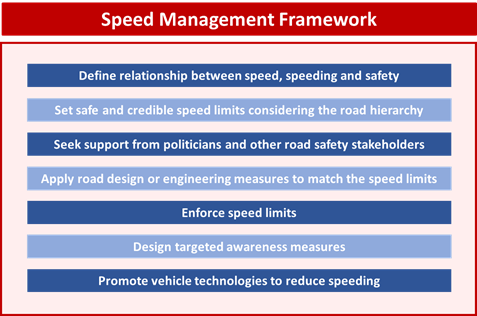
Under the new BIGRS Program 2020-2025, GRSF is the host of the Speed Management Hub.
In this platform, the GRSF team provides evidence-based road safety knowledge to help manage speed through infrastructure interventions, effective enforcement, targeted awareness measures, and vehicle technology. Key engagements from this focus area include:
-
Provision of technical expertise to program partners, countries and cities on speed management;
-
Preparation and publication of Global Speed Management Guidelines;
-
Research analysis on the economics and benefits of speed management;
-
Technical analysis for road engineering solutions promoting speed management.
The Speed Management Hub also allows the wide dissemination of frequently asked questions (FAQs) on speed management, together with a rich library, latest news and best practices on this topic.
FAQs ON SPEED MANAGEMENT ⌵︎
As the BIGRS' Speed Management Hub, GRSF is tasked with assisting all initiative partners in speed management related issues and ensuring dissemination of best practices in the field. The GRSF team has already received a series of questions from several partners and was able to address these in a timely manner. With the current travel restrictions due to COVID-19 and to ensure good practices in the field are still disseminated, GRSF has created this online platform that allows the wide dissemination of frequently asked questions (FAQ) on speed management, together with a comprehensive resource library and latest news and examples of best practices on this topic.
The core topics the GRSF team is planning to address on this platform are:
-
Introduction to speed management
-
Policies and strategies for speed management
-
Speed management through road engineering
-
Speed management through traditional enforcement
-
Speed management through automated enforcement
-
Speed management through vehicle technology
-
Speed management through road user communication, education and engagement
-
Speed management fallacies / myth busting
highlighted GRSF research ⌵︎
News & Updates
-
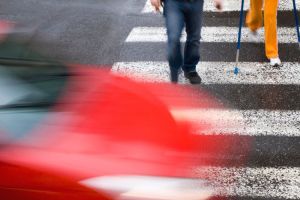
What are the benefits and costs of different road speeds?
-
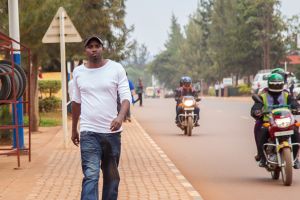
Reducing road deaths and injuries with the new World Bank–Bloomberg Philant...
-
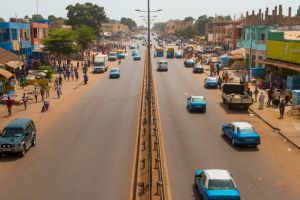
Can COVID-19 teach us something for the road safety epidemic?
-

Follow the Data Podcast: Reducing Injuries and Traffic Crashes on Roads Aro...
-
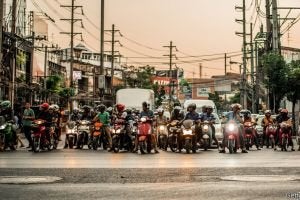
Globally, roads are deadlier than HIV or murder
MEET THE TEAM ⌵︎
This platform is based on the latest scientific evidence and not opinion, having as main authors a diverse team of World Bank GRSF staff and consultants:
-
Alina F. Burlacu, Senior Transport Specialist, World Bank GRSF & Program Manager BIGRS
-
Blair Matthew Turner, Senior Transport Specialist, World Bank GRSF
-
Daniel Mustata, Consultant, World Bank GRSF
-
Eva M. Eichinger-Vill, Consultant, World Bank GRSF
-
Hafez Alavi, Consultant, World Bank GRSF
-
Juan Miguel Velasquez Torres, Senior Transport Specialist, World Bank GRSF
-
Marisela Ponce de Leon Valdes, Transport Specialist, World Bank GRSF
-
Mavis Johnson, Consultant, World Bank GRSF
-
Monjurul Hoque Mohammad Arif Uddin, Transport Specialist, World Bank GRSF
-
Soames Job, former Global Lead Road Safety, World Bank and Head of GRSF
-
Sudeshna Mitra, Transport Specialist, World Bank GRSF
-
Vlad Sogodel, Consultant, World Bank GRSF
The preparation of this material (content and platform) was supported by Bloomberg Philanthropies, as donors to GRSF. The team is grateful for the technical support provided by BIGRS international partners GHAI, Global NCAP, GRSP, NACTO GDCI, WHO, Vital Strategies and WRI.
About our Donors

Bloomberg Philanthropies invests in more than 570 cities and over 160 countries around the world to ensure better, longer lives for the greatest number of people. The organization focuses on five key areas for creating lasting change: the Arts, Education, Environment, Government Innovation, and Public Health. Bloomberg Philanthropies encompasses all of Michael R. Bloomberg’s giving, including his foundation and personal philanthropy as well as Bloomberg Associates, a pro bono consultancy that works in cities around the world. In 2019, Bloomberg Philanthropies distributed $3.3 billion. The Bloomberg Philanthropies Initiative for Global Road Safety (BIGRS) works with the world’s leading road safety organizations to implement road safety activities and coordinate with in-country governmental and non-governmental stakeholders.
-
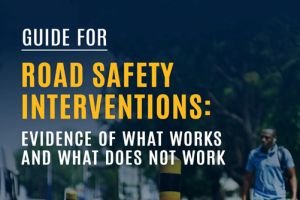
Guide for Road Safety Interventions: Evidence of What Works and What Does N...
-
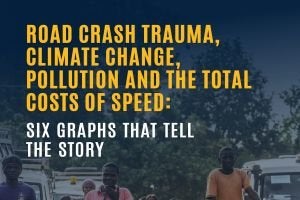
Road Crash Trauma, Climate Change, Pollution and the Total Costs of Speed: ...
-
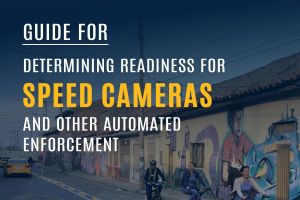
Guide for Determining Readiness for Speed Cameras and Other Automated Enfor...
-

Low-Speed Zone Guide
-

Speed Variation Analysis: A Case Study for Thailand's Roads
-
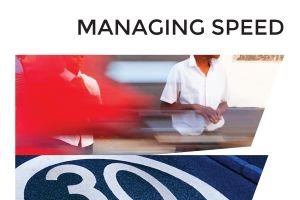
Managing speed - WHO document
-
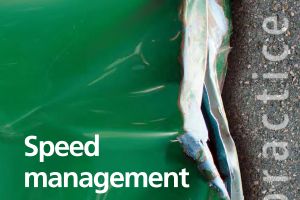
Speed management: a road safety manual for decision-makers and practitioner...
-
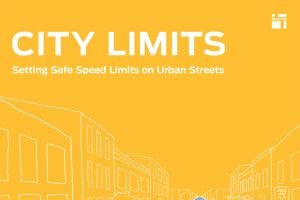
City Limits (NACTO document)
-
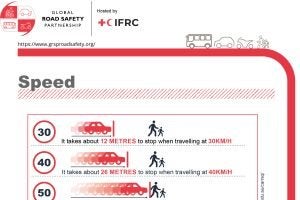
Speed Fact Sheet (GRSP)
Program Sponsors
Question of the Week
